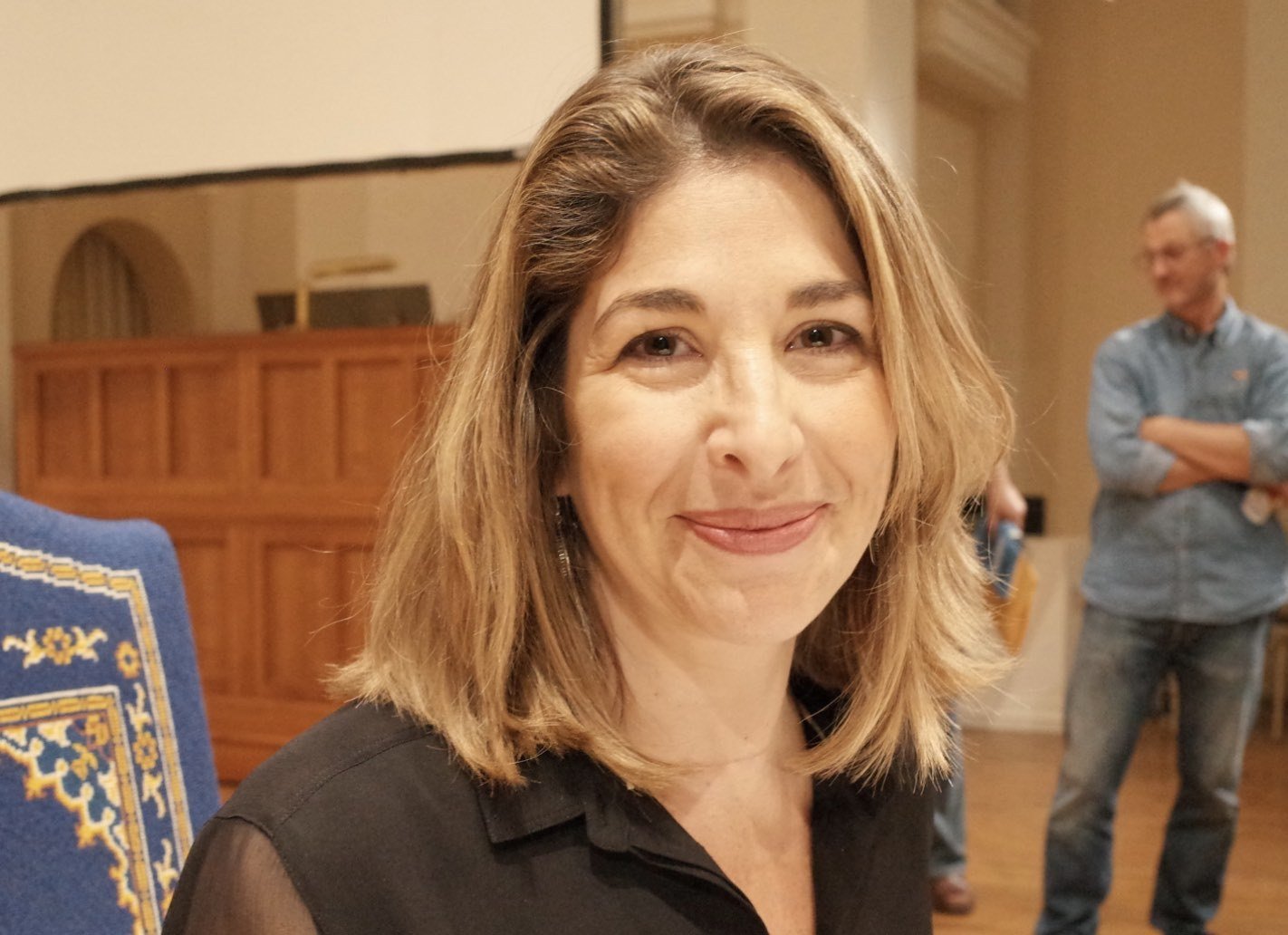Malta: Naomi Klein joins PEN's calls for a public inquiry into the assassination of Daphne Caruana Galizia
Credit: CC BY-SA 4.0
Valletta, 10 November 2018
It is particularly poignant to be in Malta, where I have been invited to speak at the Malta Book Festival, just over one year after the brutal assassination of Daphne Caruana Galizia. A year ago, the murder of an investigative journalist in the heart of the EU was unthinkable. Yet in the twelve months that have followed, violence against journalists – particularly those reporting on corruption –- has spread across the region, mirroring a worldwide, escalating trend of the free press being attacked with impunity.
As a female investigative journalist, I, like Daphne, have faced intimidation, threats and harassment for my work in exposing corruption. I have witnessed what happens in countries where my colleagues have been murdered for their work and where there has been no justice for their killings. This impunity drives a cycle of violence. I know firsthand that an attack on a journalist is an attack on democratic society itself – killing society’s right to be informed and hold the powerful to account. And I also know that impunity emboldens the corrupt, it engenders fear and insecurity, and ultimately it silences the critical voices that are essential to constructing fair, just and safe societies.
Today, I placed flowers and a candle at the now boarded up protest memorial before the law courts. I added my voice to the call for justice for the assassination of Daphne Caruana Galizia and the crimes upon which she was reporting. Will the flowers be there tomorrow? The protest memorial has been destroyed – on the orders of the Minister of Justice himself – countless times and has now been completely cordoned off, blocking all protesters who wish to join the call for justice in this case. The authorities seem determined to try to eradicate her memory. I have never witnessed this behaviour towards a murdered journalist in any other country.
It is also concerning that high level officials within the government continue to engage in the vilification of a murdered journalist even after her violent death. Such rhetoric from those in high office fans the flames of hate and encourages a climate of violence towards the media.
While three alleged hit men have been arrested, we are no closer to bringing to justice the person who ordered Daphne Caruana Galizia’s assassination. Prominent subjects of Caruana Galizia’s reporting, who may bear responsibility for her death, have not been placed under formal investigation or questioned. The apparent lack of progress in the investigation into Caruana Galizia’s murder is truly disturbing.
In light of these concerns, today, as a member of PEN, I join the international call for the Maltese authorities to immediately launch a public inquiry to establish whether Daphne Caruana Galizia’s life could have been saved, and, crucially, how to protect other journalists and freedom of expression in Malta.[1]
[1] The public inquiry should have comprehensive and transparent terms of reference; ensure meaningful involvement of the deceased’s family; ensure the protection of sources; and include public hearings. The public inquiry can be established under Malta’s Inquiries Act and must be completely independent of the Maltese police, Government and politicians, conducted by a panel of respected international judges and jurists with no political or government links. For further details see: http://pen-international.org/news/malta-appeal-to-establish-a-public-inquiry-into-the-assassination-of-ms-daphne-caruana-galizia
For further information, please contact Sarah Clarke, Advocacy Manager, [email protected].

